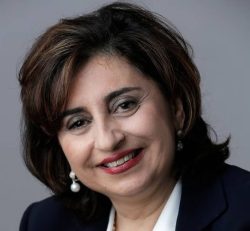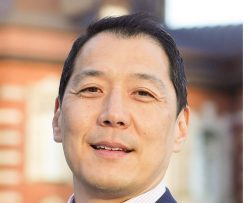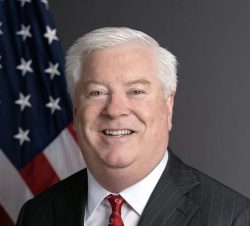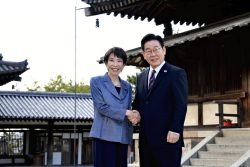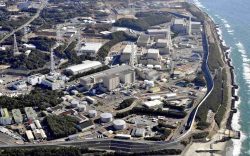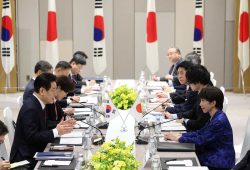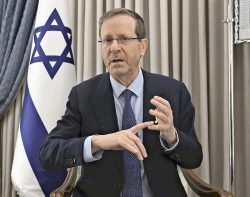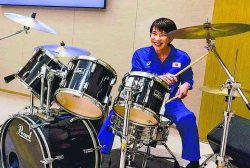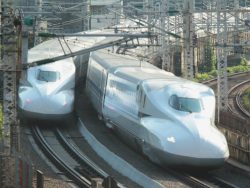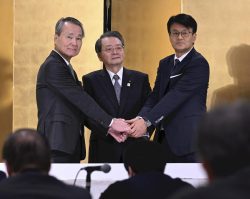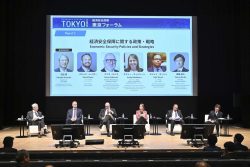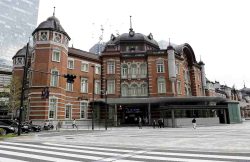Generations of Emperors Expressed Wish for Peace; Heritage Stretches from Emperor Meiji to Today
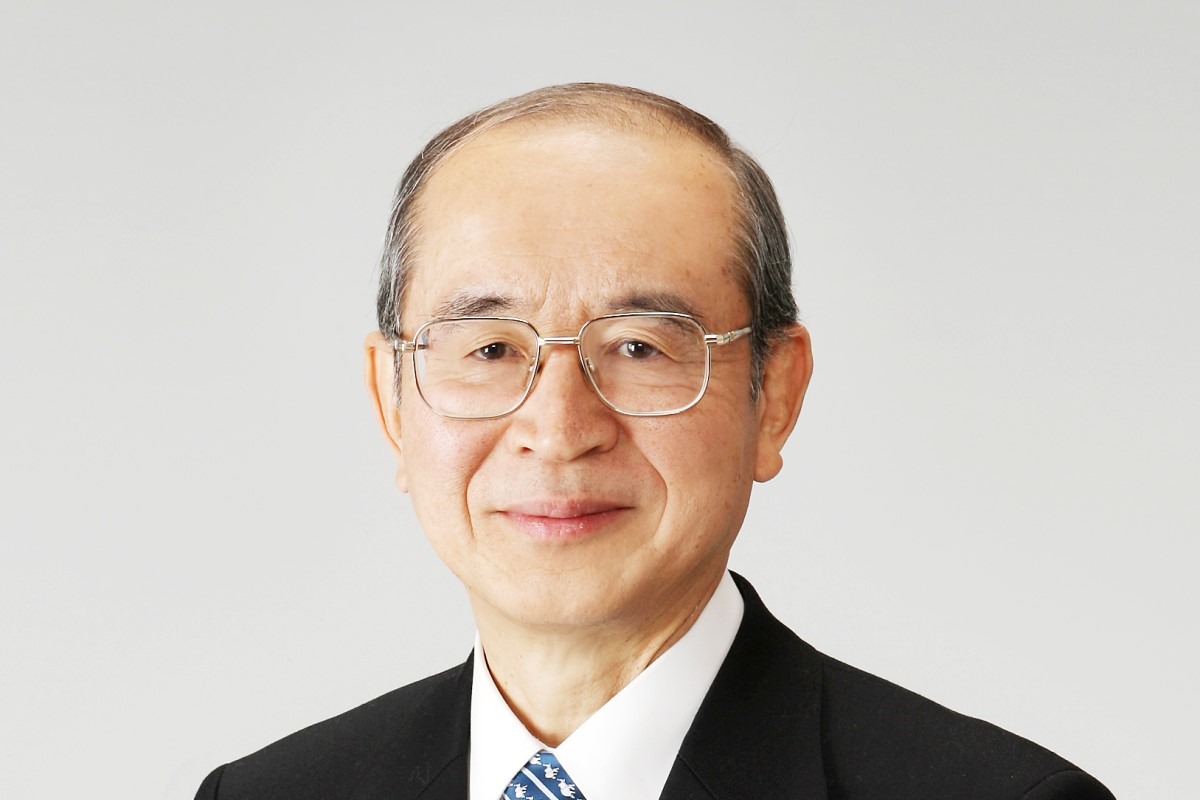
Masami Takemoto
11:00 JST, August 9, 2024
In 1904, at the outbreak of the Russo-Japanese War, Emperor Meiji composed a waka poem. This classical form consists of 31 syllables in a pattern of 5-7-5-7-7. The poem reads as follows:
Yomo no umi mina harakara to omou yo ni nado nami-kaze no tachi-sawaguran
The waka has been translated by Harold Wright, an American scholar of Japanese literature, as follows:
“It was our belief that all the world’s oceans were born of one mother, so why do the winds and waves now rise up in angry rage?”
In a constitutional monarchy, the Emperor could not express opposition to government decisions. Instead, he often expressed his genuine feelings through waka, composing as many as 93,032 poems in his lifetime.
Revealing his feelings about going to war with Russia, this poem reached various countries around the world. It is said to have moved then U.S. President Theodore Roosevelt and contributed to the end of the Russo-Japanese War.
In September 1941, Emperor Showa recited this waka during an Imperial Council meeting to discuss future policies toward the United States and its allies. By reciting Emperor Meiji’s poem, Emperor Showa expressed his own feelings against war with the United States.
Despite the Emperor’s desire for peace, Japan entered war with the United States. In July 1945, the Potsdam Declaration was issued, demanding Japan’s surrender. The Japanese government was divided on whether to accept the declaration. Prime Minister Kantaro Suzuki sought the Emperor’s decision, as the government could not reach a consensus. The Emperor decided to accept the declaration and to end the war.
Emperor Showa expressed his feelings at the time in three waka. Here is one of them:
Mi wa ikani naru tomo ikusa todome keri tada tafure yuku tami wo omoite
It can be translated into English as follows:
“I do not care what happens to me. I stopped the war to prevent further sacrifices among the people.”
The childhood of today’s Emperor Emeritus, the eldest son of Emperor Showa, was a time when Japan was at war. He was in the sixth grade of elementary school when the war ended. Having been evacuated to Nikko, he returned to Tokyo to find the capital reduced nearly to ashes.
This experience seems to have given him a strong desire for peace. During his reign, he made journeys of remembrance and mourning, both domestically and internationally, including visits to Saipan, Palau and the Philippines.
Also, in his speeches at the National Memorial Ceremony for the War Dead, held each year on Aug. 15, he included expressions such as, “Reflecting on our past and bearing in mind the feelings of deep remorse over the last war, I earnestly hope that the ravages of war will never be repeated.”
In 2015, the 70th anniversary of the end of the war, he remarked in his New Year’s thoughts, “I think it is most important for us to take this opportunity to study and learn from the history of this war, starting with the Manchurian Incident of 1931, as we consider the future direction of our country.”
In his 2018 birthday message, his last as Emperor, he stated, “It gives me deep comfort that the Heisei era is coming to an end, free of war in Japan.” These words are believed to reflect his heartfelt feelings.
Upon his ascension to the throne, the current Emperor — the great-great-grandson of Emperor Meiji — mentioned peace three times in his brief enthronement speech in October 2019. The desire for peace has been passed down to the new Emperor.
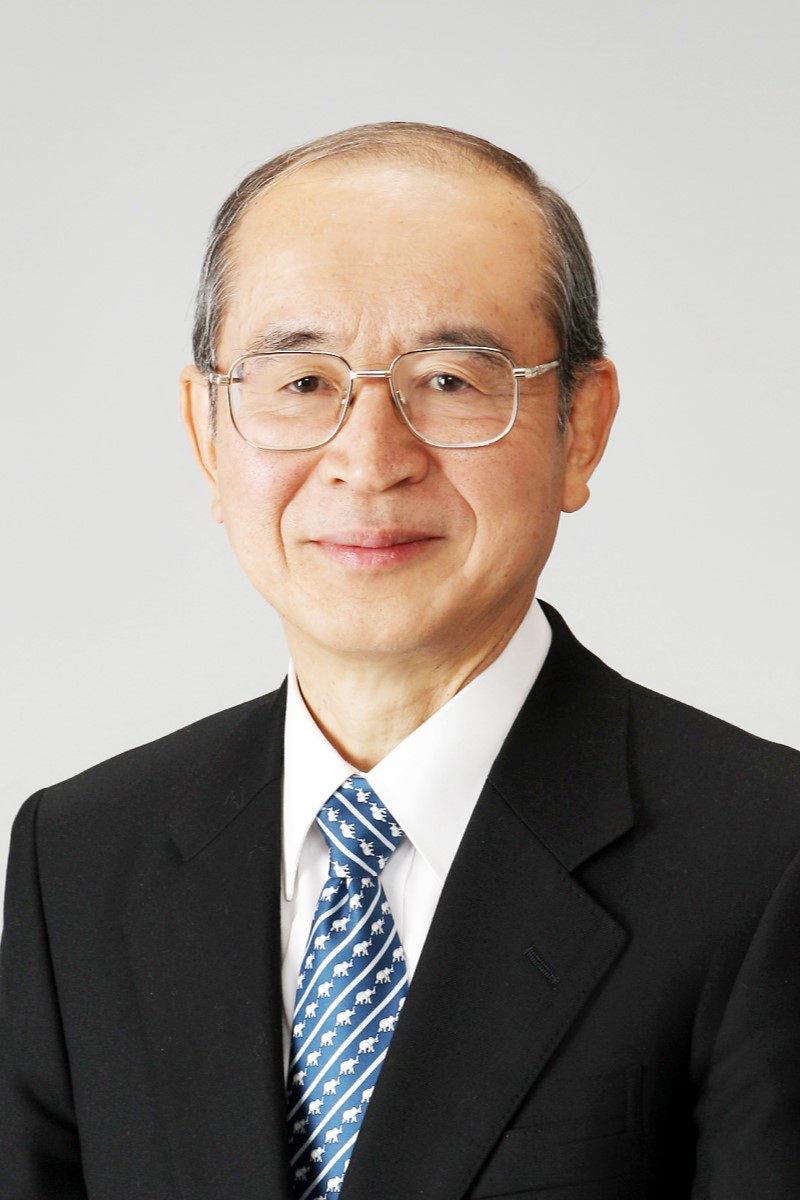
Masami Takemoto
Masami Takemoto is a former Japanese ambassador to Honduras (2001-04) and Uruguay (2007-10).
He was also chamberlain to the crown prince (1986-88) and vice-grand master of the ceremonies (2004-07) at the Imperial Household Agency.
"Editorial & Columns" POPULAR ARTICLE
-
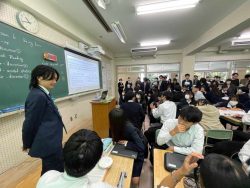
Artificial Intelligence Expands Possibilities for Foreign Language Learners
-

Build Intellectual, Physical Strength, As Well As Communicative Power / Japan Should Move from Beneficiary to Shaper of World Order
-

Global Economy in Turmoil: Prevent Free Trade System from Going Adrift / Risks to Financial Markets Must Be Heeded
-
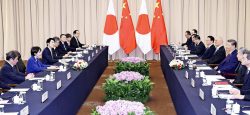
Japan-China Strain Set to Persist as Beijing Officials Self-Interestedly Bash Tokyo; Takaichi Unlikely to Back Down
-

French and German Ambassadors to Japan Call for Democracies to Unite in Defense against Russian Disinformation
JN ACCESS RANKING
-

As Chinese Tourists Shun Japan, Hotels and Stores Suffer
-

BOJ Gov. Ueda: Highly Likely Mechanism for Rising Wages, Prices Will Be Maintained
-
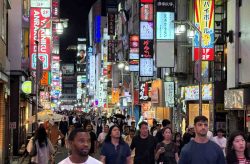
Core Inflation in Tokyo Slows in December but Stays above BOJ Target
-

Osaka-Kansai Expo’s Economic Impact Estimated at ¥3.6 Trillion, Takes Actual Visitor Numbers into Account
-

Japan Govt Adopts Measures to Curb Mega Solar Power Plant Projects Amid Environmental Concerns


